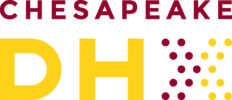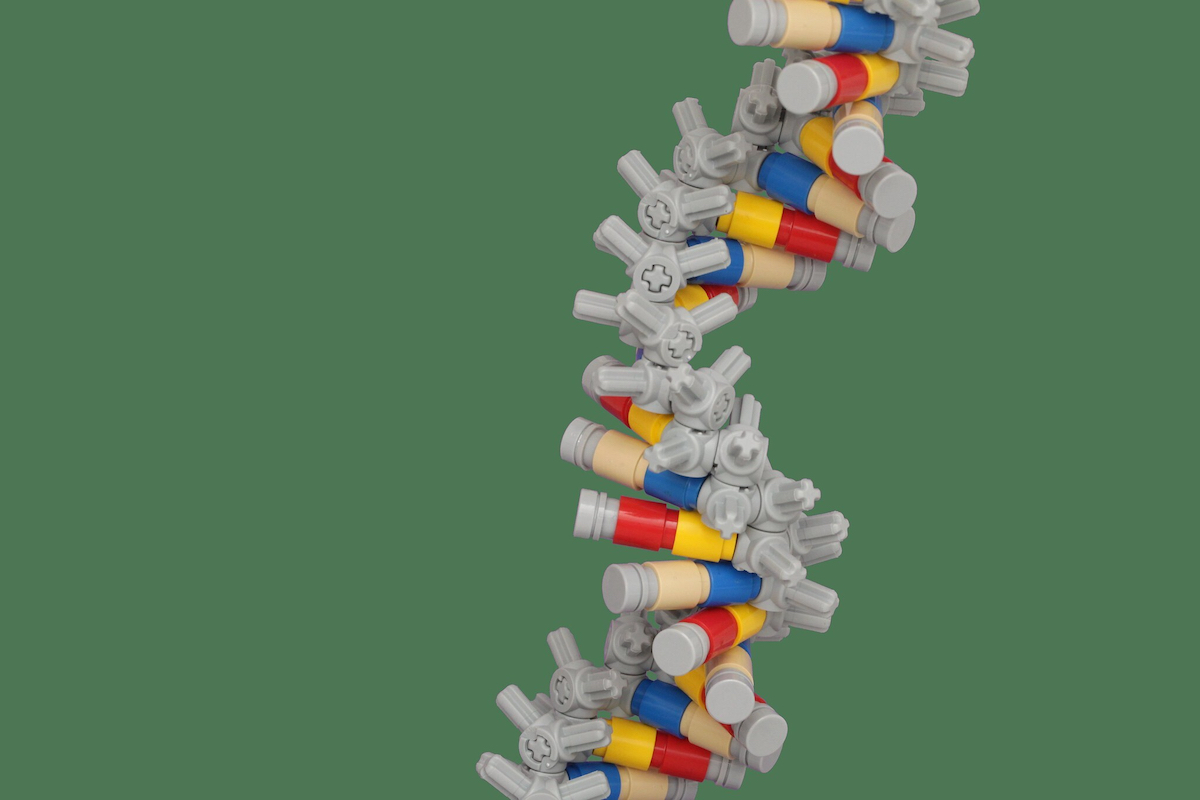We’re no Dictionary.com, but we’ve dealt with our fair share of medical terminology covering the healthcare industry here at Technical.ly.
In a year of booming medical and health technology innovation (not to mention the venture capital to back it up), terms like life sciences and vaccines and FDA have passed across our desk practically more than ever before. Meanwhile, languages like therapeutics and biomedicine have found a place among IPO news and engineering education.
So, it’s no surprise that you may find yourself swimming in acronyms, product quantifiers and shorthand regulatory agencies names. To help you out, we’ve put together a glossary of 28 terms (so far) that we think you need to know on all things health and technology. Have more in mind? Email me at michaela@technical.ly.
Here’s what we’ve got so far:
Biomedicine
Medical care and research based on natural sciences. This typically means biology and biochemistry.
Bionics
The industry of building artificially intelligent machines with characteristics of living systems — think robot arms and limbs. Often it’s also intended to find new ideas and uses for AI machines and devices.
Clinical documentation improvement (CDI)
Resources, individuals and technology which help establish accurate and timely healthcare records. This can, in turn, help better patient outcomes, data quality and accurate reimbursements.
Clinical trial
A research study investigating the impact of treatments, pharmaceuticals or any other intervention methods on human subjects.
Department of Health and Human Services (HHS)
An executive-branch department that oversees the health and well-being of Americans in the realms of medicine, public health and social services. (States also have their own departments.)
Digital health
A broad term referring to anything which uses technology for a patient’s health and wellness.
Electronic health records (EHR)
A digital or online version of patients’ health charts and medical history, which can be accessed on health provider and patient computers and mobile devices.
FHIR
Short for the Fast Healthcare Interoperability Resources, which is an application programming interface standard from the Office of the National Coordinator for Health Information Technology. The standard determines how health information can be used and exchanged in modern technology, in cases such as adding encryption or labeling sensitive information so only certain parties can see it.
Food and Drug Administration (FDA)
A federal agency within the Department of Health and Human Services that offers approval for medical devices, drugs, food and more to protect public health. The agency approves particular products, rather than whole companies, although it can inspect them to make sure they’re compliant with FDA processes and standards. Often, companies need FDA approval before seeking commercialization of their products.
Haptic
The science and technology which explores touch and virtual environments. In tech, it’s used to simulate how something feels, sometimes by offering a light vibration after touching something like a computer screen or virtual object.
Health equity
The idea that everyone should have fair and equal access to healthcare, meaning every person has the chance to be as healthy as possible.
Health information exchange/management
Using technology for information sharing in healthcare, which includes patient records, as well as acquiring and analyzing said information to boost the quality of patient care.
Health information technology (IT)
Professionals in the IT sector focused on healthcare. This typically means using tools like software and hardware to store and manage patient data and information.
Healthtech
The development and use of medical technologies and devices to prevent health issues and disorders, and help patients keep up with personal care. As a general rule, it includes tech products used outside the doctor’s office or hospital, with the exception of information and management software used in administration, which are also considered healthtech.
HIPAA
Short for the Health Insurance Portability and Accountability Act, this federal law created national standards for patient information protection, including records stored in-person and in Cloud storage. This act only applies to doctors and providers sharing information with outside individuals — primarily friends and family members — without the patient’s consent or knowledge. It does include exceptions like public health interest disclosures, why is why institutions can complete contract tracing efforts for COVID-19 patients.
This policy also includes a Breach Notification Rule, which states that the Department of Health and Human Services needs to be notified within 60 days if a data breach has been discovered. It also includes an Enforcement Rule for procedures and investigations following a breach or attack.
HITECH Act
The Health Information Technology for Economic and Clinical Health Act, established in 2009, specifically addresses security and privacy within electronic health information sharing. Many provisions strengthen certain enforcement aspects of HIPAA.
Internet of Medical Things (IoMT)
The available medical devices and apps that connect to the online and IT networks of healthcare providers, named after the Internet of Things.
Life science
A blanket term for the branches of science that study, research and develop products for or generally deal with living organisms.
Medical device
Any instrument, object, machine or apparatus used in diagnosis or treatment. This does include software, according to the FDA, but it doesn’t apply to software used for things like administration or patient records.
Medtech
As opposed to healthtech, medtech is more focused on treatment of existing medical conditions and disorders and therapeutics in the form of devices, instruments, digital health services and bionics. It also includes technology that detects issues and disorders within patients.
mHealth
Short for mobile health, mHealth is the use of mobile devices like phones and tablets in medical care.
Office of the National Coordinator for Health Information Technology (ONC)
An office within the Department of Health that oversees national health IT efforts, the adoption of health technology and the exchange of information and data sharing in healthcare virtually.
Precision medicine
Tactics for treatment and prevention based on traits specific to the patient, like variances in genetics, environment and lifestyles.
Telehealth/telemedicine
The use of technology tools like Zoom and other apps for remote medical consultations, care and treatments.
Therapeutics
A general term for practices and products related to the treatment of medical conditions and disorders.
Robotics/digital therapeutics
The use of robotics and digital technologies for the treatment of patients and healing processes.
Wearables
Devices worn on a person’s clothing or body that help monitor their overall health state (think FitBits).
Wellness
Habits such as exercise and other lifestyle choices intended to promote good physical and mental health in everyday life. They may or may not have an explicit medical basis or approval.

This editorial article is a part of Tech + Health Month of Technical.ly's editorial calendar. This month’s theme is underwritten by the Chesapeake Digital Health Exchange. This story was independently reported and not reviewed by CDHX before publication.
Before you go...
Please consider supporting Technical.ly to keep our independent journalism strong. Unlike most business-focused media outlets, we don’t have a paywall. Instead, we count on your personal and organizational support.
Join our growing Slack community
Join 5,000 tech professionals and entrepreneurs in our community Slack today!

The person charged in the UnitedHealthcare CEO shooting had a ton of tech connections

Delaware students take a field trip to China using their tablets and ChatGPT

From rejection to innovation: How I built a tool to beat AI hiring algorithms at their own game


